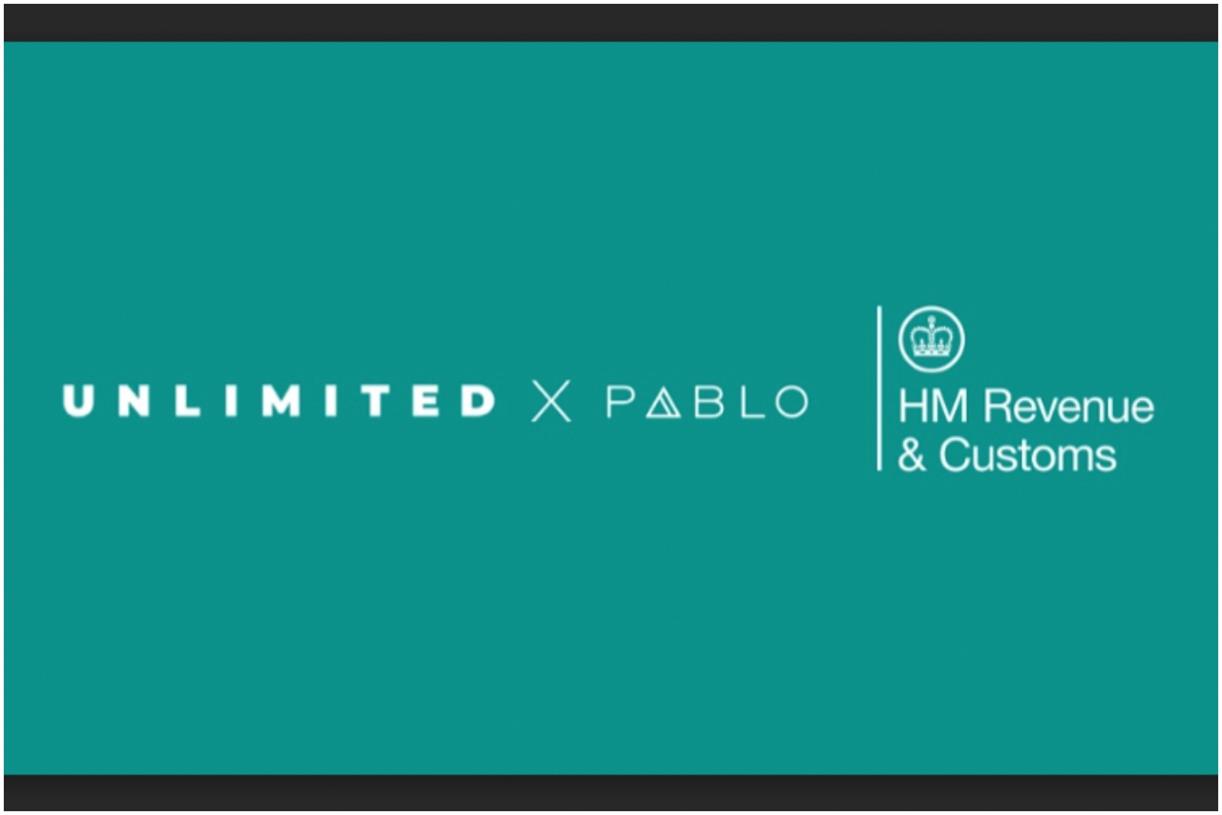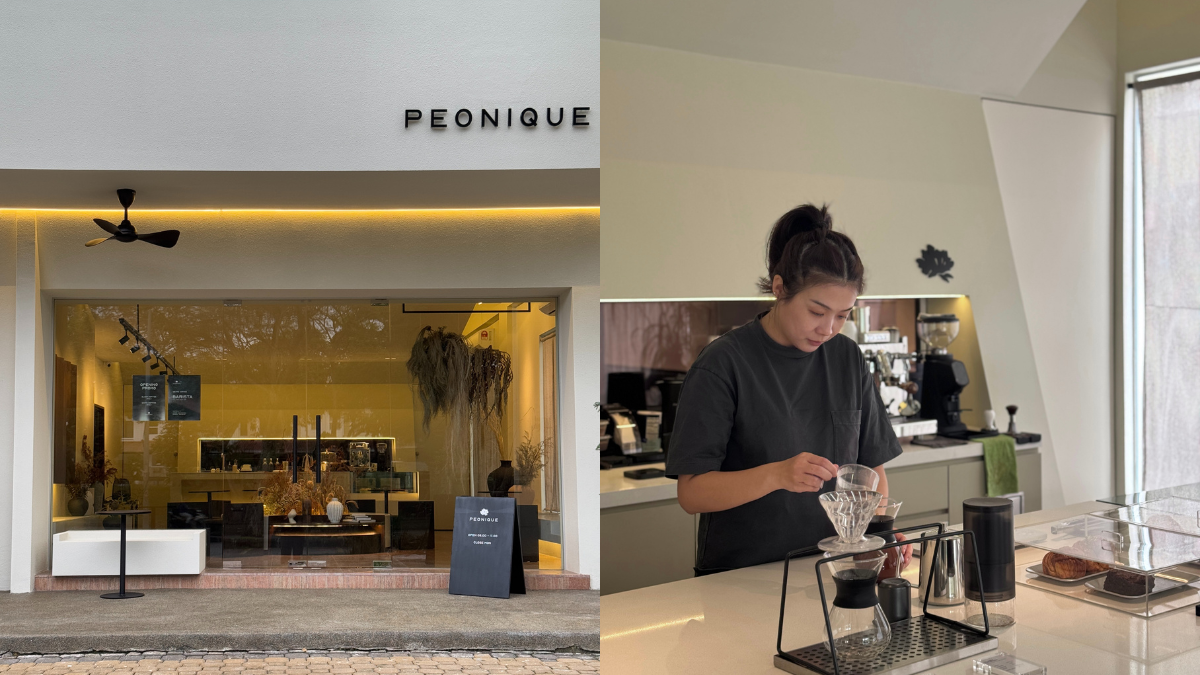Why Brands Should Embrace Sustainability Discourse, Regardless of Credentials
In today’s consumer landscape, where values play a more significant role than ever before, there’s a growing demand for brands that align with ethical principles, particularly concerning the environment and sustainability. Certifications like B-Corp have emerged as symbols of...

In today’s consumer landscape, where values play a more significant role than ever before, there’s a growing demand for brands that align with ethical principles, particularly concerning the environment and sustainability.
Certifications like B-Corp have emerged as symbols of a fresh approach to ethical business, ushering in a new era of consumer expectations. This shift is prompting brands and corporations to reassess their practices, aligning them with the evolving desires of their audience. As sustainability commitments vary widely across industries and markets, there’s a spotlight on the discussion of sustainability itself. The conversation extends beyond the mere acknowledgment of environmental concerns to explore who should be leading this dialogue and when, highlighting the delicate balance between authentic, consumer-conscious marketing and the potential pitfalls of “greenwashing.”
Transparency: The Foundation of Sustainable Branding
To begin with, transparency is key – people appreciate when a brand is open about its journey toward sustainability. It’s like telling customers, “We care about the world we live in, and we’re taking steps to make a positive impact, even if we’re not perfect yet.” We can think of it as sharing a brand’s values and aspirations. By discussing sustainability, we’re letting people know that we’re aware of the issues and actively working to be a part of the solution. It’s not just about following a trend; it’s about genuinely caring and making a difference.
Friendly Competition and Genuine Engagement
There’s also a bit of friendly competition involved. In a world where consumers have an abundance of choices, talking about sustainability, even if they’re just starting out, can set them apart from others. It’s like saying, “We’re not just here to sell products; we want to contribute to a better world, and we’re excited about the journey.” It’s okay to be honest about where the brand currently stands, as nobody expects perfection. By openly discussing commitment to sustainability, we’re inviting customers to join you on this journey – “We’re learning, we’re growing, and we’re grateful to have you with us.” It’s not just about being green, but about being genuine. It’s important to share progress, challenges, and goals. It’s a conversation that goes beyond transactions and metrics – it’s about building a community that cares about making a positive impact together.
Strategic Opportunities for Brands
Consumer Expectations: In today’s socially conscious world, consumers often expect brands to address environmental and social issues. Talking about sustainability, even if a brand is just starting its journey, shows a commitment to becoming more environmentally and socially responsible, which can resonate with consumers.
Brand Image and Perception: Associating with sustainability can positively influence a brand’s image. It may create the perception that the brand is aware of its impact on the environment and society and is taking steps to improve. This positive image can lead to increased customer trust and loyalty.
Competitive Advantage: Sustainability is increasingly becoming a point of competition in many industries. Even if a brand is just beginning its sustainability initiatives, being transparent about efforts and future goals can set it apart from competitors who may not be addressing these issues.
Regulatory Compliance: In some regions, there are regulations and standards related to sustainability. By openly discussing sustainability, even if the brand is not fully compliant, it demonstrates an awareness of these issues and a willingness to work towards meeting or exceeding standards.
Internal Motivation and Accountability: Publicly declaring a commitment to sustainability can create internal accountability. It can motivate the brand to actively work towards adopting more sustainable practices and meeting sustainability goals.
Incremental Improvement: Brands may not have perfect sustainability credentials initially, but by openly discussing the topic, they signal an intention to improve. This can be seen as a step-by-step commitment to making positive changes over time.
Educating Consumers: Brands can use their platforms to educate consumers about the challenges and complexities of sustainability. This transparency can help manage expectations and show that the brand is on a journey of learning and improvement.
Altogether, it’s crucial to make sure brands avoid “greenwashing,” which is the practice of making misleading or unsubstantiated claims about the environmental benefits of a product or service. Consumers are becoming more discerning, and dishonesty in sustainability messaging can harm a brand’s reputation. Therefore, any claims made should be honest, transparent, and supported by tangible actions and initiatives.
At Influence Digital we’re keen to make a positive difference and would love to start a conversation with any brands or organizations wanting to start the sustainability journey, or are already on their way.

 KickT
KickT 










_2.png)



















